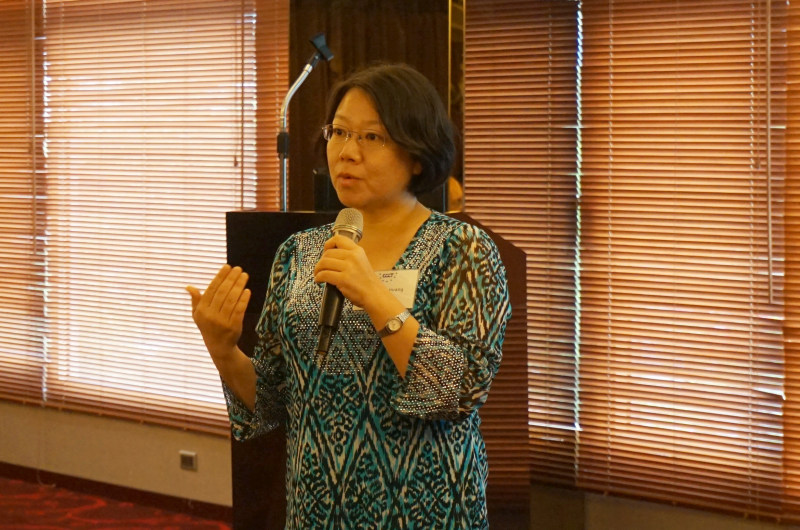What companies need to know about Ebola

Since the outbreak earlier this year of the most deadly outbreak of the Ebola virus in West Africa ever recorded, governments, health organisations and companies have been scrambling to respond. The World Health Organisation has called on governments to send help to the worst-affected countries and to prepare for outbreaks in their own countries while researchers and big pharma companies have stepped up the search for a cure, or more effective treatments.
Based on the most recent figures (from October) of the number of reported cases in the three most affected countries (Guinea, Liberia and Sierra Leone), numbers were down from previous months. This suggests that the outbreak may be under control. However, it is too soon to celebrate as it is yet to be determined if the reported figures represent a real drop in the number of actual cases or just a problem related to reporting.
Researchers do not yet know for sure what happens to the virus between outbreaks but they suspect that the reservoir is in populations of bats, which then spread to other animals and eventually humans, who possibly contract the virus by eating the meat or coming into contact with infected wild animals. Ebola is spread by the bodily fluids, not through the air or water. The most at risk are healthcare workers taking care of infected patients.
Ebola is less infectious than SARS, mumps or measles but only a tiny number of organisms (10 organisms) would be enough to infect someone. Moreover, once people are infected the fatality rate is extremely high (25-90% fatality rate, depending on various factors such as access to clean water and hospitals) although recent cases have shown that with proper supportive care, a higher survival rate is possible. Researchers and pharmaceutical firms are working on a variety of treatments, some of which have been tested on real patients (as long as they agree to accept experimental treatment).
Diagnosing the disease can only be done by testing. Patients who have symptoms such as abnormal diarrhea, vomiting or bleeding could be infected but if they have not been to affected areas or have not been in contact with infected patients, there is no chance that they have the virus. People who have not travelled to the region therefore should not worry. People who have travelled to the region are now being asked by Taiwan authorities to notify them (travelers arriving at major airports are now asked to fill in a form upon arrival indicating where they have been). Those who have travelled to affected areas should monitor themselves for 21 days (the incubation period of the virus). If they have no symptoms during that period they can consider themselves to be virus free.
Should they develop symptoms, however they should contact the CDC through its hotline (1922). The hotline's operators can communicate in a number of languages including English. They should avoid contact with other people – refrain from using public transport or visiting a hospital. The CDC will make special arrangements to transport patients suspected of having Ebola to special facilities equipped to deal with Ebola patients. The CDC's plan is to isolate probable cases, test to see if they have the virus and provide care to infected patients. Six hospitals in different regions of Taiwan have been set aside for the purpose of caring for Ebola patients, emergency plans have been drawn up and staff members have been trained on how to deal with suspected cases.
As to how companies should prepare for possible Ebola cases among their staff, Huang advised companies to, firstly advise staff to avoid travelling to affected regions. Should they need to travel to the region (or if they volunteer to assist in relief efforts), upon return they should monitor themselves and avoid contact with other people for the duration of the incubation period. Those who have been in the region or in contact with infected persons and are showing symptoms of the virus should immediately contact the CDC. Schools should follow the same steps.
In addition, companies should draw up contingency plans in case staff members need to be quarantined and away from work for extended periods of time. Hotel staff should ask guests if they have been to the worst-hit countries, ask them to stay in their rooms if they show symptoms and contact the CDC for further advice.
Huang concluded that while Ebola is a scary disease, in terms of the number of infections and impact, there are much more widespread and serious diseases in Africa such as HIV and malaria while in Taiwan, Dengue fever is a serious problem that healthcare authorities have to deal with currently.
